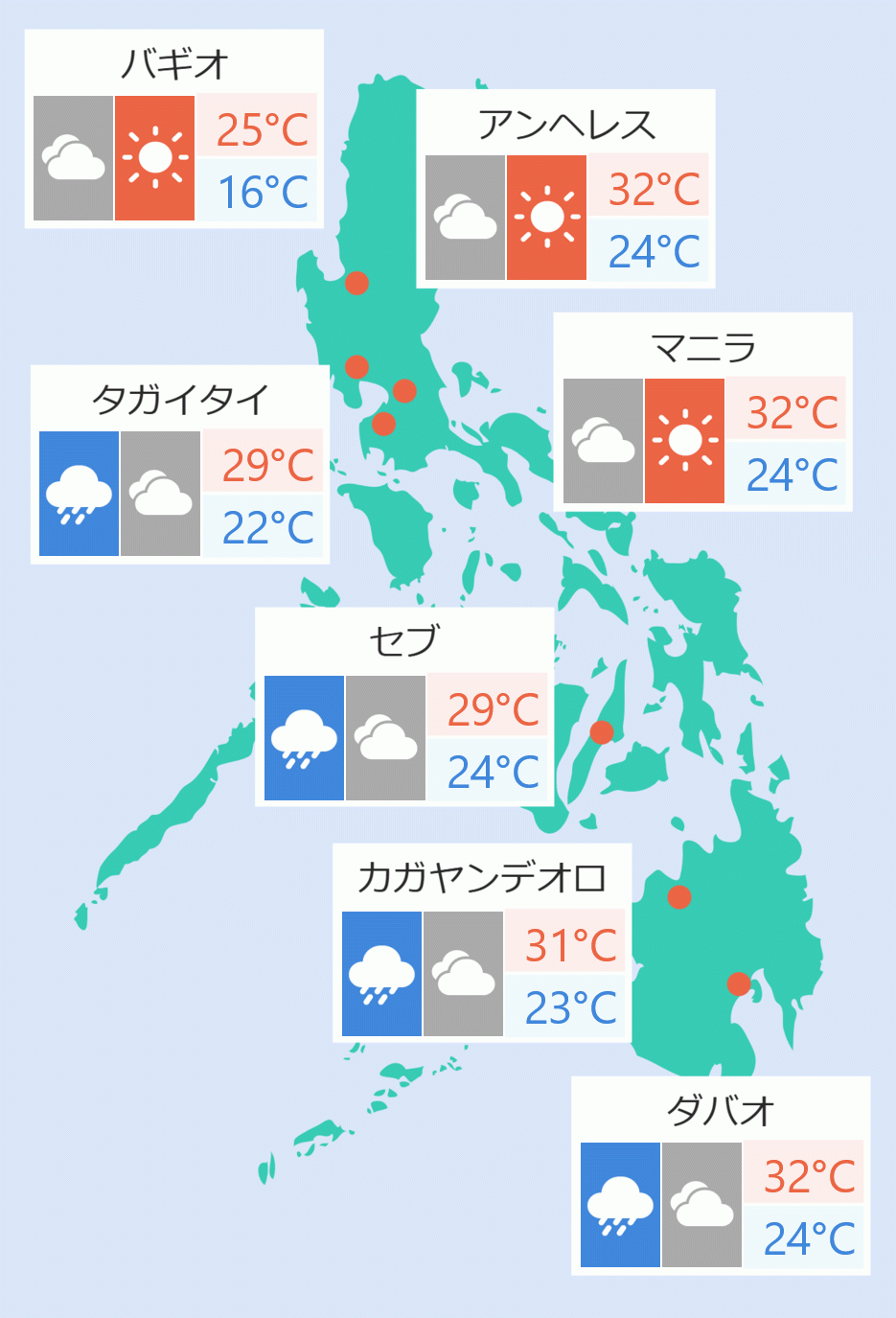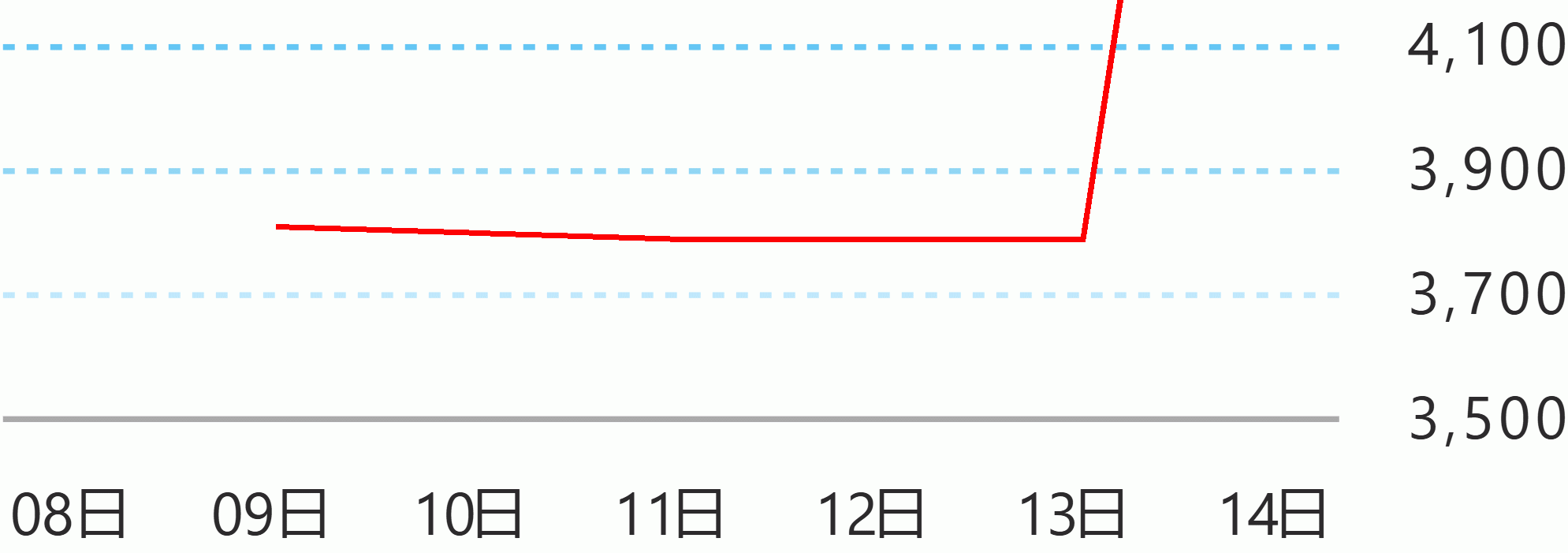The government will use the 15-day modified enhanced community quarantine in Metro Manila and nearby provinces to "re-calibrate" its strategy to address coronavirus disease crisis, National Task Force Against COVID-19 Chief Implementer Carlito Galvez Jr. said on Monday.
This as the spread of COIVD-19 could be reduced by as much as 70,000 this month of August with the re-imposition of MECQ in Metro Manila and provinces of Bulacan, laguna, Cavite and Rizal for two weeks, an expert from the University of the Philippines said.
"As we have seen, one of the causes of transmission in new cases came from workplace. So now, we will talk to DTI (Department of Trade and Industry) Secretary Ramon Lopez to at least strengthen what we call as minimum health standards in workplace," Galvez said in a virtual press briefing
"We will re-calibrate and reconstitute our plan because our plan is it is a rolling plan; it is a crisis action plan," he added.
Galvez said that during the MECQ, which will start midnight of August 4 until August 18, the government will also enforce restrictions in the movement of people.
In the same press briefing, UP Professor Ranjit S. Rye said based on their projection, the COVID-19 cases could reach to 220,000 by the end of August if the National Capital Region, Bulacan, Laguna, Cavite and Rizal remain under the general community quarantine, a more relaxed quarantine classification.
"But because we are now under MECQ, the (number of cases) will go down between 50 to 70,000," he said.
"So, the re-imposition of MECQ has huge impact," he added.
With the MECQ, Rye said this could also provide a relief for frontliners, particularly healthcare workers who have been exhausted in attending to COVID-19 patients.
He reiterated the government's call for the people to stay home, practice physical distancing, wear personal protective equipment, particularly mask and visor, and frequent washing of hands.
Rye expressed hope that the government will strengthen testing, tracing and isolation of those infected with coronavirus.
Health Undersecretary Maria Rosario Vergeire said during the 15-day MECQ, the Department of Health has to come up with a substitution team from other areas so that the healthcare workers in Metro Manila could take a rest.
"We have colleagues from the DOH regional offices and hospitals who will come here at the National Capital Region to help. We will also announce a program for private healthcare professionals from other parts of the country who want to help us here," she said.
Vergeire said they will also implement a code, which entails the enforcement of localized lockdowns by the local government units.
"We’re calling everybody to be the solution. It is a significant behavioral change in all areas of our life that keep us and our love ones safe. The virus will be here for a long time while organizations are working on a vaccine. In the meantime, each one is asked to observe minimum health requirements as part of our healthy lifestyle," she said.
Health Undersecretary Leopoldo Vega underscored the need to strengthen hospital capacity.
In case of public facilities, he said hospital beds should be raised to about 30 to 40 percent so they will be ready for any eventuality.
President Rodrigo Duterte heeded the call of medical societies to revert Metro Manila and nearby areas to stricter quarantine protocols amid the rising number of COVID-19 cases and to provide the exhausted healthcare workers some relief. Celerina Monte/DMS





 English
English









